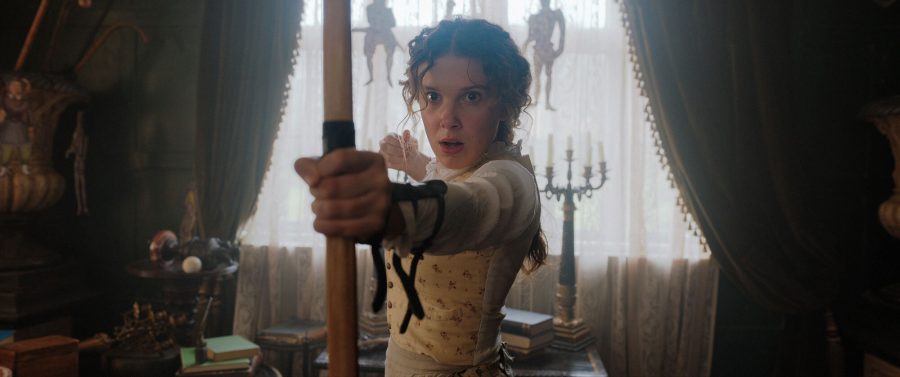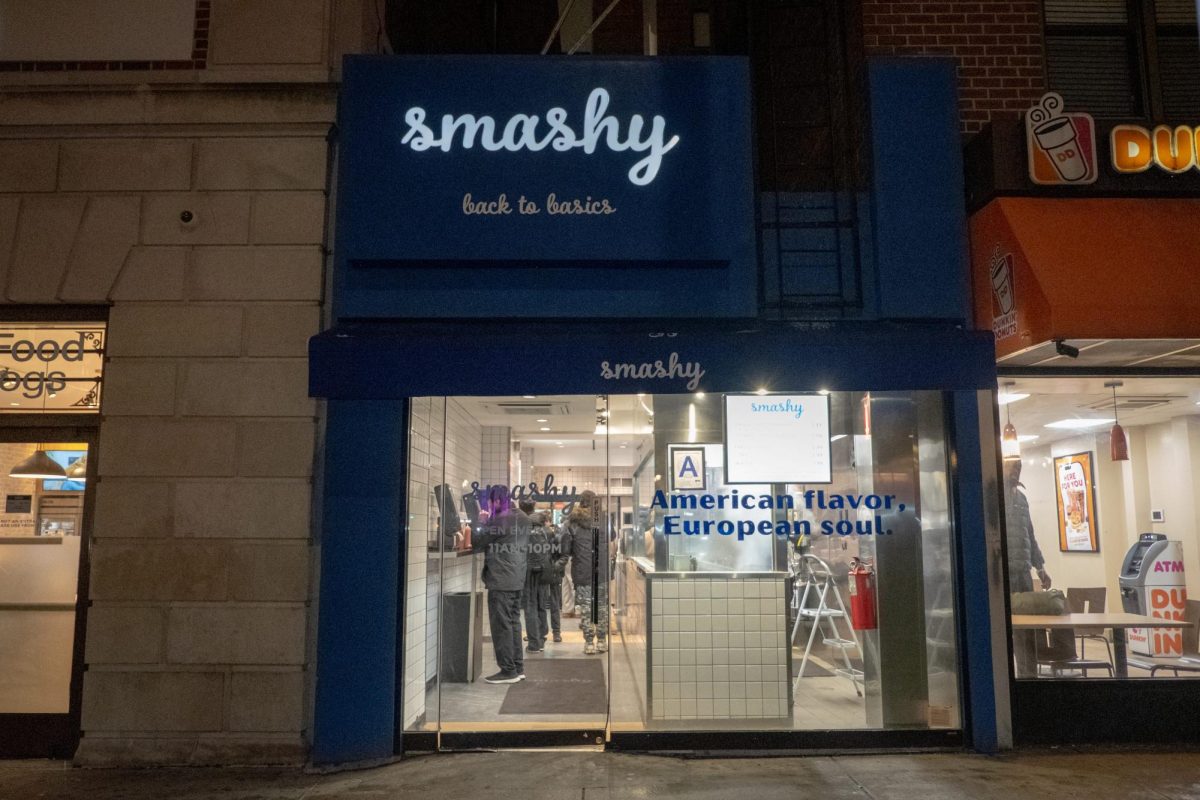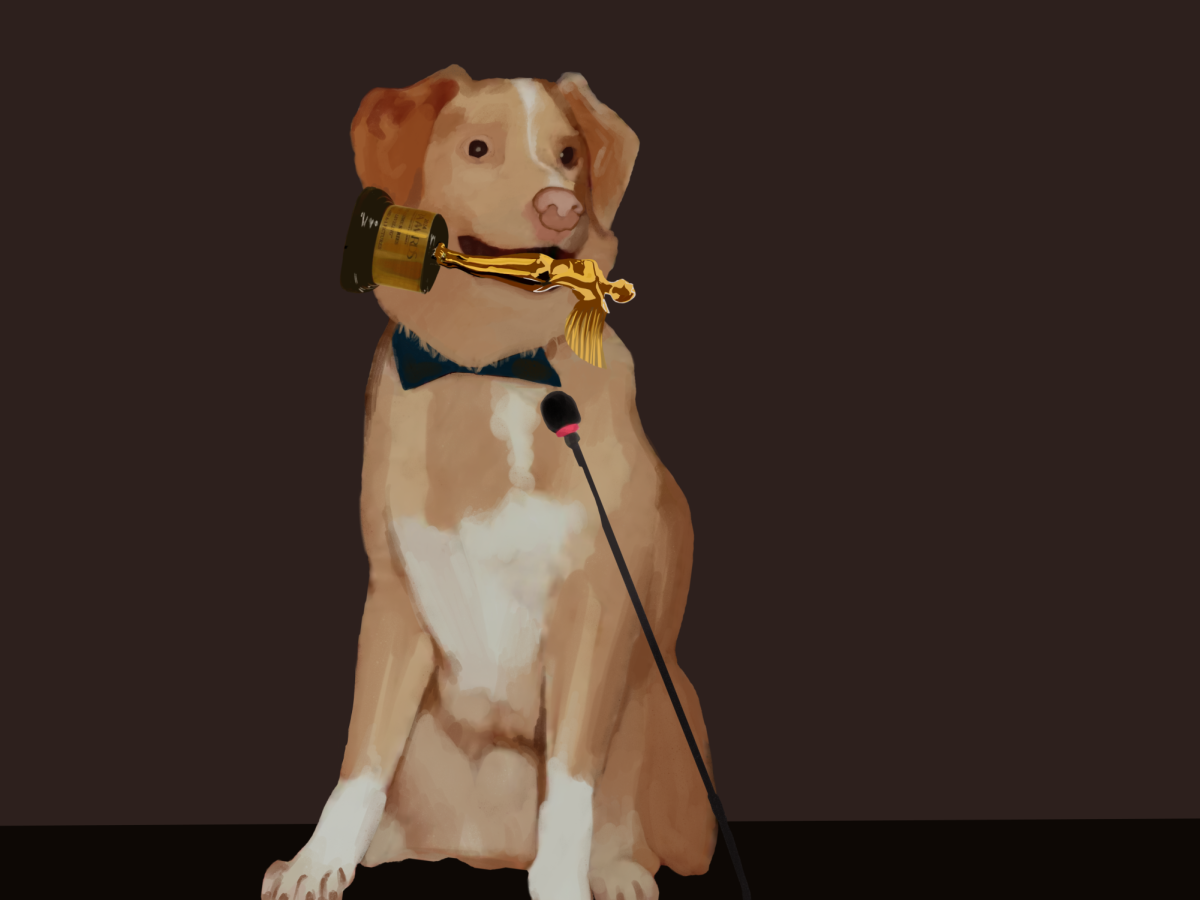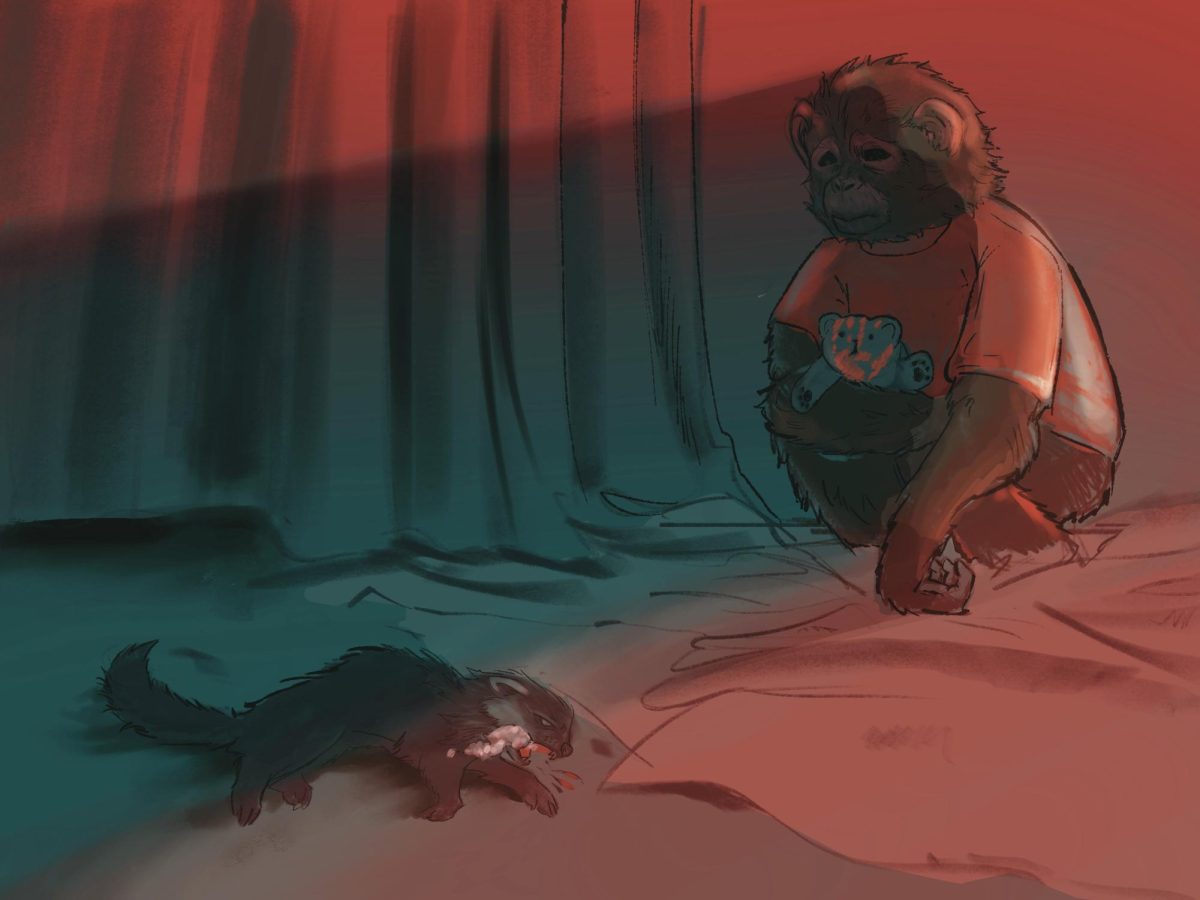The titular character, played by Stranger Things star Millie Bobby Brown, is confronted with two mysteries — the disappearances of her mother on the morning of her sixteenth birthday and of a runaway.
Enola’s mother Eudoria Holmes, played by Oscar-nominated actress Helena Bonham Carter, raises Enola to be an independent and well-read young woman who knows jujitsu.
Not one to be deterred, Enola ventures to find Eudoria, a suffragette and revolutionary who is more than meets the eye and seems to disappear before an important vote is put up in the House of Lords. Along the way, Enola takes on another case, that of the mysterious runaway Viscount Tewkesbury the Marquess of Basilwether, played by young Medici actor Louis Partridge, who is wanted dead.
Enola faces all this whilst fighting another problem: the societal norms of being a woman in the late nineteenth century. Her eldest brother Mycroft, played by Sam Claflin, is a stickler for tradition and tries to correct her “wild” upbringing by sending her to finishing school. Sherlock, portrayed by Henry Cavill, on the other hand, tries to form a connection and gives her advice on sleuthing.
The brilliant thing about this film is the clever use of breaking the fourth wall, which is masterly reigned by Brown. Her charisma puts forth a control on the act that makes the audience follow her observations and deductive reasoning, but also still be a step behind from the young detective. It also helps that director Harry Bradbeer is no stranger to breaking the fourth wall, as he directed Fleabag, the Phoebe Waller-Bridge series notable for its own use of this film technique.
Despite its Victorian setting, the film also sends messages that can be greatly applied in today’s 21st century society, especially in the current socio-political climate. Themes about the importance of actively participating in the world around us, both in politics and in our own individual lives and the importance of choosing one’s own path are strong undercurrents in the film. This is a message echoed throughout the film, of which both Enola and Sherlock are constantly reminded of through Eudoria and their mother’s fellow suffragette, Edith, played by Susan Wokoma.
When Edith confronts the famous detective on his search for his sister, she exclaims, “Politics doesn’t interest, you, why?… Because you have no interest in changing a world that suits you so well.”
In fact, Sherlock is constantly told to no longer put his bury underground as Edith calls him Ostrich upon the close of their scene. He tries to resolve this by forming an actual connection with his youngest sister and eventually reminds her that “the choice is always yours whatever society may claim, it cannot control you. As mother has proven.”
Enola Holmes is an exploration of self discovery in what it means to be a young woman at any age — not just the Victorian era — and recognizing that one’s future is in one’s own hands. As the titular character concludes, “Our future is up to us.”









